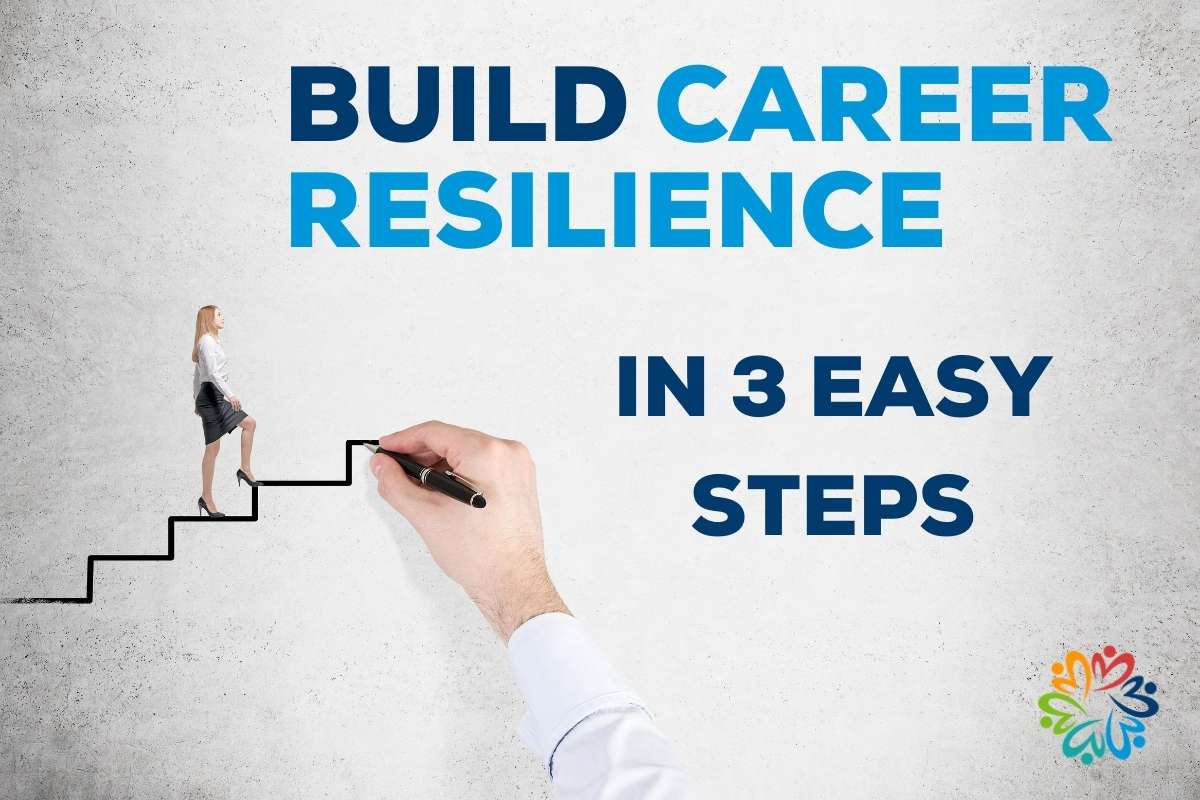
In today’s world, where the job market is constantly changing, it’s important to have resilience in your career. Resilience means the ability to recover quickly from difficult situations, setbacks, and failures. It is a quality that is highly valued in the workplace, as it helps individuals navigate challenging situations and adapt to change.
Building resilience takes time and effort, but it is worth the investment. Here are some strategies that can help you build resilience in your career:
- Develop a growth mindset
A growth mindset is the belief that you can improve your abilities and skills through hard work and dedication. Individuals with a growth mindset see failure as an opportunity to learn and grow, rather than a sign of weakness.
To develop a growth mindset, start by embracing challenges and stepping out of your comfort zone. Take on tasks that are slightly outside of your skill set and push yourself to learn new things. When faced with setbacks, ask yourself what you can learn from the experience and how you can improve in the future.
2. Cultivate a strong support network
Having a strong support network can be incredibly helpful in building resilience. This network can include friends, family members, colleagues, mentors, and coaches who can offer guidance, encouragement, and perspective.
To cultivate a strong support network, start by reaching out to people you admire or respect. Attend networking events, industry conferences, and social gatherings where you can meet new people and build relationships. Be open and honest about your goals and challenges, and be willing to offer support to others in return.
3. Practice self-care
Self-care is the practice of taking care of your physical, mental, and emotional health. It is an essential component of building resilience, as it helps you recharge and refocus when faced with challenges.
To practice self-care, start by making time for activities that you enjoy, such as exercise, reading, or spending time with loved ones. Get plenty of sleep, eat a healthy diet, and take breaks throughout the day to recharge. Consider seeking professional help if you are struggling with stress, anxiety, or other mental health concerns.
4. Set realistic goals
Setting realistic goals is an important part of building resilience. When you set goals that are achievable and meaningful, you are more likely to stay motivated and focused, even when faced with setbacks or obstacles.
To set realistic goals, start by identifying your strengths and areas for improvement. Think about where you want to be in your career in the next 1-5 years, and what steps you need to take to get there. Break down large goals into smaller, manageable tasks, and celebrate your progress along the way.
5. Practice mindfulness
Mindfulness is the practice of being present in the moment and focusing on your thoughts, feelings, and physical sensations. It is a powerful tool for building resilience, as it helps you manage stress and anxiety and stay grounded during challenging times.
To practice mindfulness, start by setting aside time each day for meditation, deep breathing, or other relaxation techniques. Focus on your breath and let go of any distracting thoughts or worries. As you become more comfortable with mindfulness, try incorporating it into other areas of your life, such as during a difficult conversation or while working on a challenging project.
Building resilience takes time and effort, but it is an essential skill for success in your career. By developing a growth mindset, cultivating a strong support network, practicing self-care, setting realistic goals, and practicing mindfulness, you can build the resilience you need to navigate the ups and downs of your career with confidence and grace.


